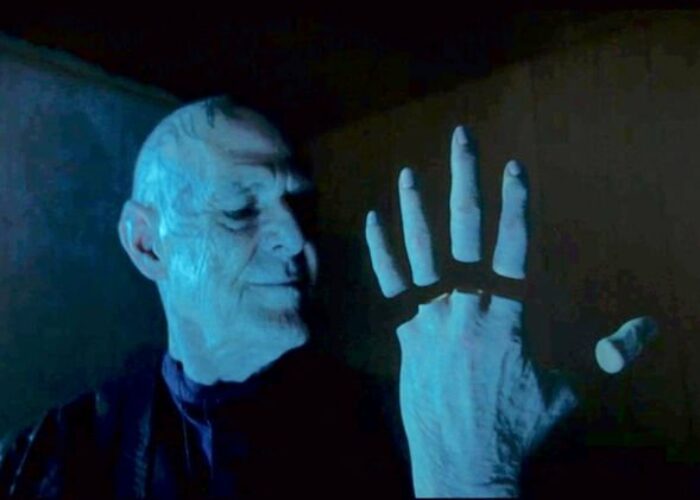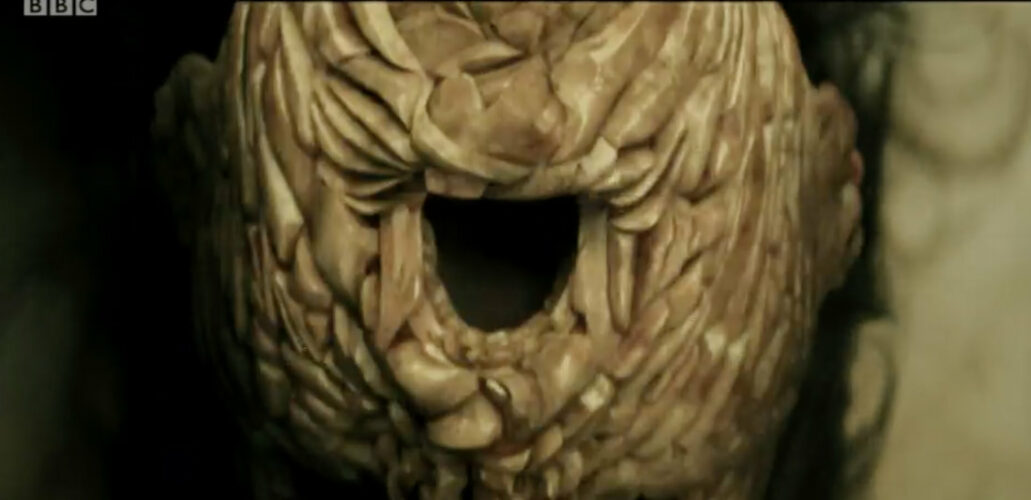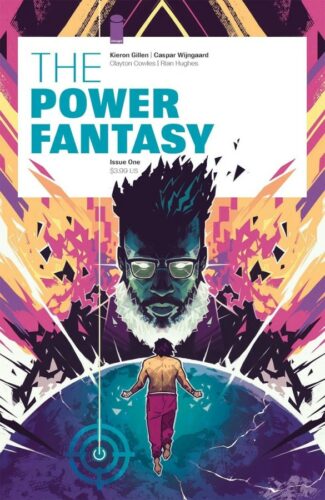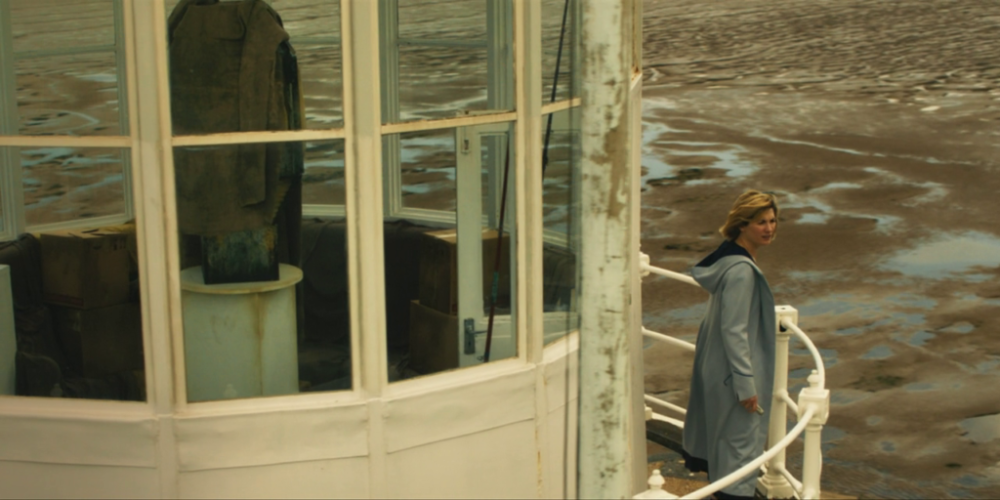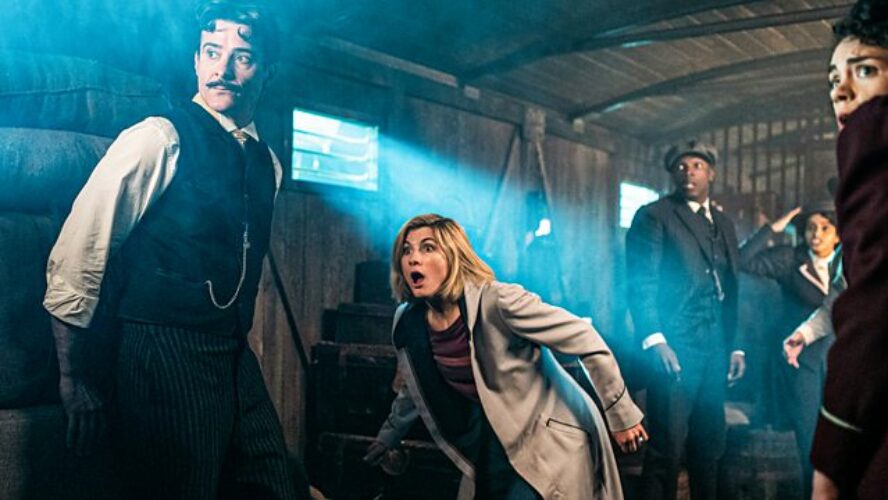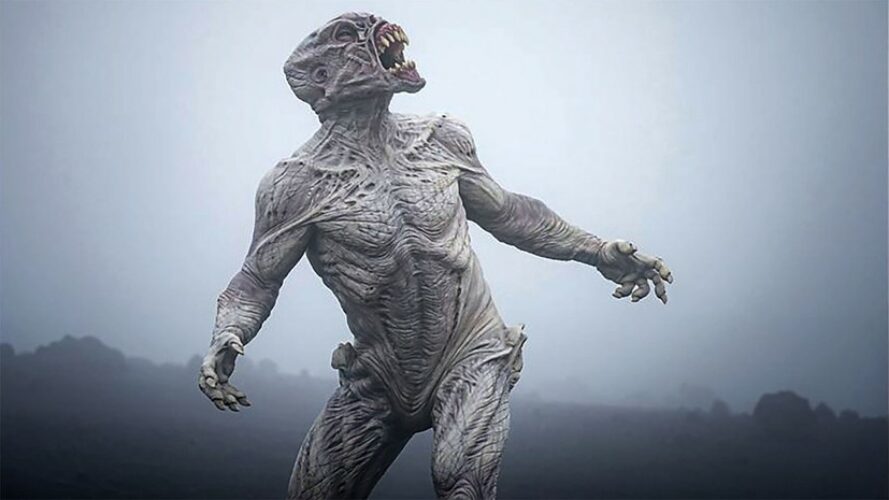All They Want to Do is Turn Everyone Else Into Cybermen (The Haunting of Villa Diodati)
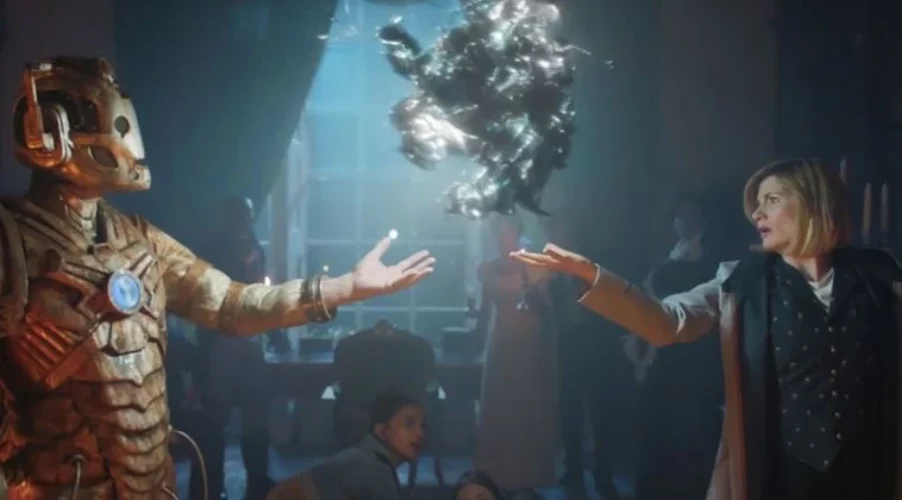
It’s February 16th, 2020. The Weeknd is at number one with “Blinding Lights.” Dua Lipa, Saint Jhn, and Roddy Ricch also chart. It’s a pleasantly dull week—we watch some movies, I take Penn for one of his periodic botox appointments for his migraines. This whole coronavirus thing gets an official name, COVID-19. There’s news—the New Hampshire primary spells certain doom for Joe Biden, Boris Johnson does a cabinet reshuffle, but mostly it’s just boring and uneventful in ways that feel strangely surreal in hindsight.
I remember we watched Ken Russell’s Gothic as cheeky prep for this episode, which feels almost unbelievable now—imagine caring enough about the Chibnall era to bother doing that. But what was striking then and remains striking now is how pointless an effort that was. I imagine I was hoping it might give something to talk about in the review, as those were becoming increasingly tortured experiences. But of course it didn’t. That would ultimately require the Chibnall era to master aboutness, such that the larger cultural context of its nominal subject might matter to an episode.
That was simply not the world we lived in. Instead… I mean, the Chibnall era always leans a bit “visual Big Finish,” but it applies here in new and strange ways. It’s not even that Big Finish had already done this; it’s actually worse than that—Big Finish had the Doctor being the inspiration for Frankenstein in 2009 as the fourth part of The Company of Friends, then had Mary Shelley join as a companion whose first trip in the TARDIS was a Cybermen story called The Silver Turk. Here, however, as if inspired by that “man eating peas with the idea they will improve virility shovels them straight into his lap” Oblique Strategy, Chibnall just goes straight to “the Cybermen inspire Frankenstein.”
It’s not that Doctor Who has never done “celebrity historical with classic monsters” before, although Victory of the Daleks is hardly your best precedent in life. And it’s certainly does “the secret sci-fi origin of a famous bit of history” countless times. But it had never actually done this—a story in which some bit of history is inspired by an iconic Doctor Who monster. When I reviewed it I snarked about Mary Shelley turning out to have just ripped of Kit Pedler, but that gives it too much credit. This isn’t ripping off a writer who, whatever else might be said about him, at least possessed a unique vision. This is simply the replacement of vision with lore.
Much like that “what if we MCUed the Whoniverse” timeline I talked about back with Star Trek: Discovery, I have an almost violent hatred of this. Perhaps you don’t, but I doubt you’ve stuck around this place as long as you must have if you’re reading the entry on The Haunting of Villa Diodati without at least understandng where I’m coming from. Still, let’s slow down and think that critical judgment through. What exactly is the problem here?…

